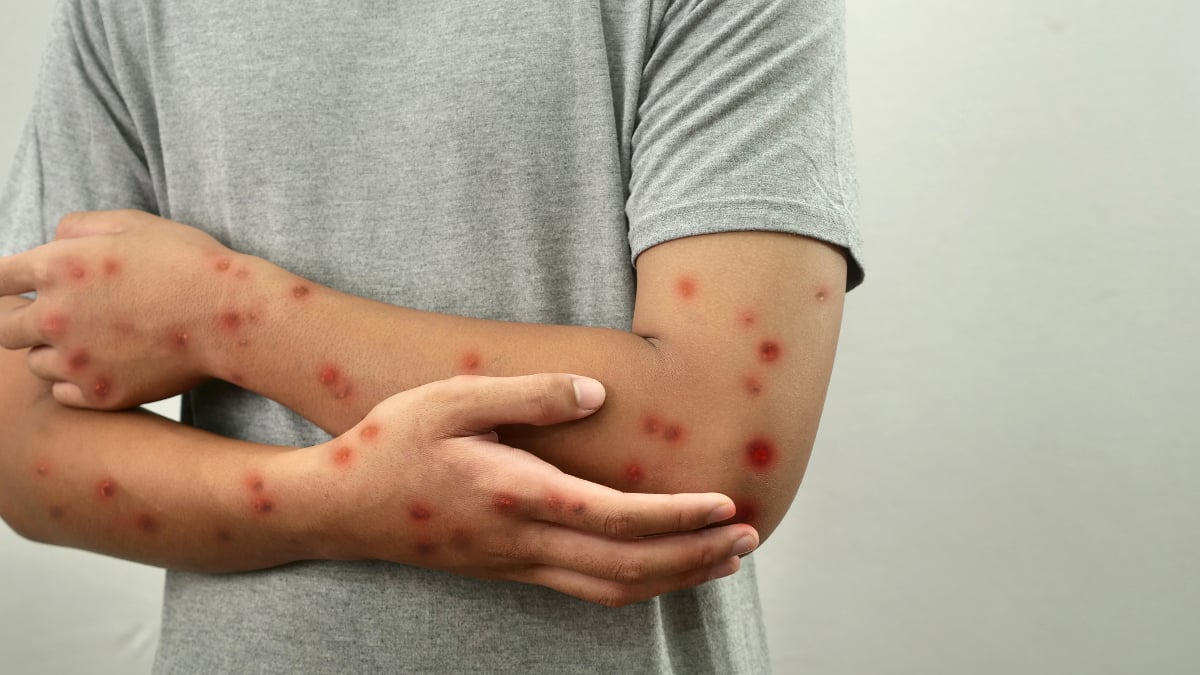Less than half a decade on from the global COVID-19 pandemic, a new potential health scare has risen in the form of an outbreak of monkeypox, or “mpox,” as it is now more commonly known.
Mpox is an infectious disease, and is caused by the monkeypox virus. It spreads via close contact, and the most common ways are through people (especially sexual contact), contaminated materials like sheets and needles, pregnant mothers passing it on to their babies, and contact with infected animals when interacting with them (dead or alive).
This can happen in a number of ways, whether it be talking closely to someone, skin-to-skin touching, kissing, or even droplets from a sneeze or cough. The virus enters through various passageways, or via a cut or some other way of broken skin, and begins working.
The infection can cause a painful rash, a massive fever, and painfully enlarged lymph nodes. Other symptoms include headaches, muscle spasms and aches, back pain, and incredibly low energy. The rash is usually the first symptom to appear, but that isn’t always the case. However, it is the most distinctive of the symptoms, and can lead to painful blisters. Thankfully, most people do recover from the disease, but there is a chance that yes, you can die from monkeypox, or mpox.
The last global outbreak of the disease came in 2022, when over 32,000 cases were reported globally. However, only 58 of those cases led to death. With that said, the way the disease can kill you is by causing a systemic infection, meaning it spreads all over your body and opens you up to issues like pneumonia.
The disease is related to cowpox and smallpox, the latter of which is now extinct. Mpox was first discovered in Denmark in 1958, in a population of monkeys that were being studied for research. The first human case came 12 years later in the Democratic Republic of the Congo, affecting a nine-month old baby. Where the virus came from is still unknown, but scientists have noted that small mammals like squirrels and, of course, monkeys, can suffer from it.
The main method used to treat mpox is vaccination. If it is given within four days of contact with the disease, the potential sufferer is likely to be able to fight off the worst of the symptoms, although they may still face some pain and discomfort. Otherwise, it’s just about managing the hurt, and ensuring you don’t touch the rash. Usually, the worst of the disease is over within 2-4 weeks. If you are worried you have been exposed to mpox, seek medical care urgently, and if you do get diagnosed, try to avoid contact with others while utilizing things like baths and saltwater mouthwashes to alleviate your pain.
